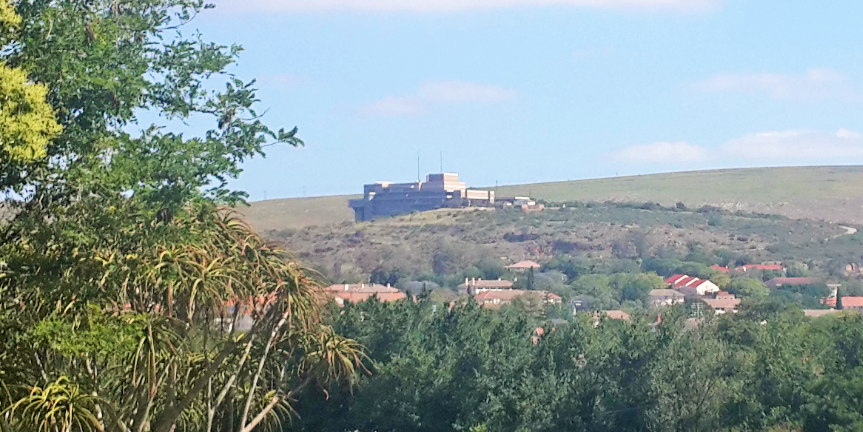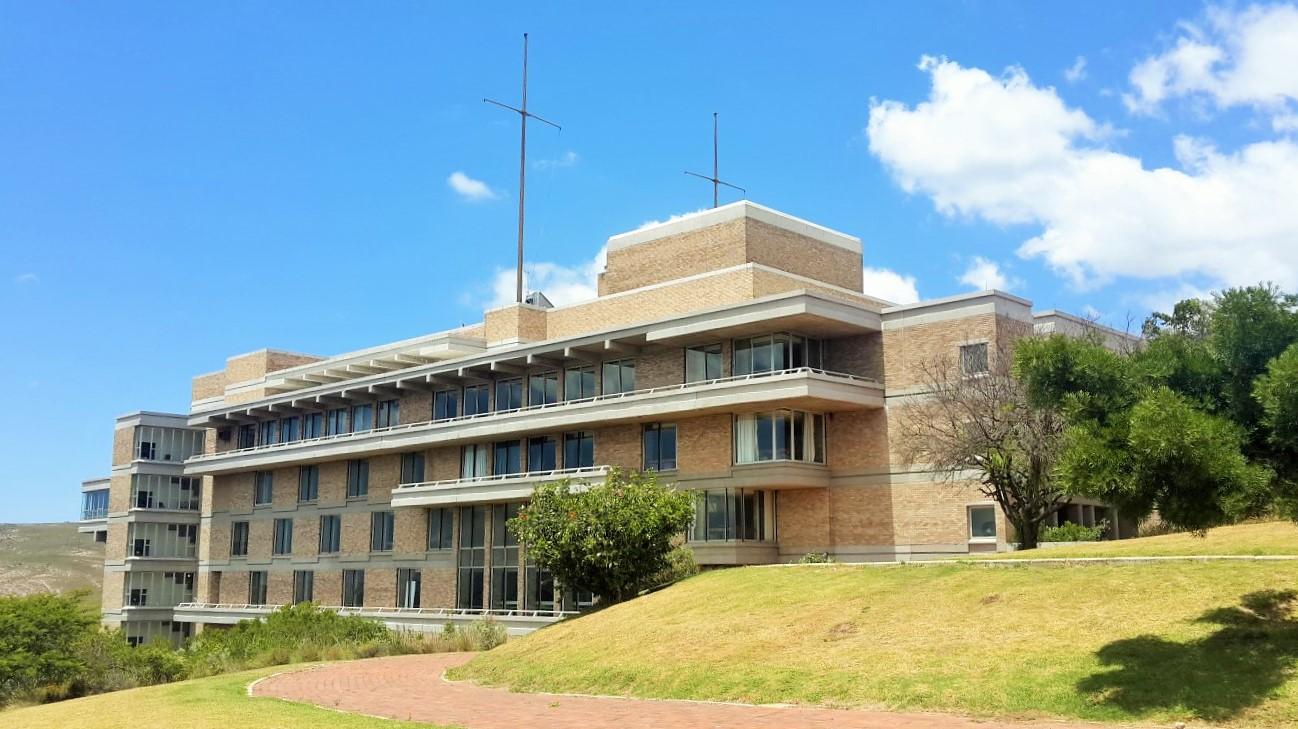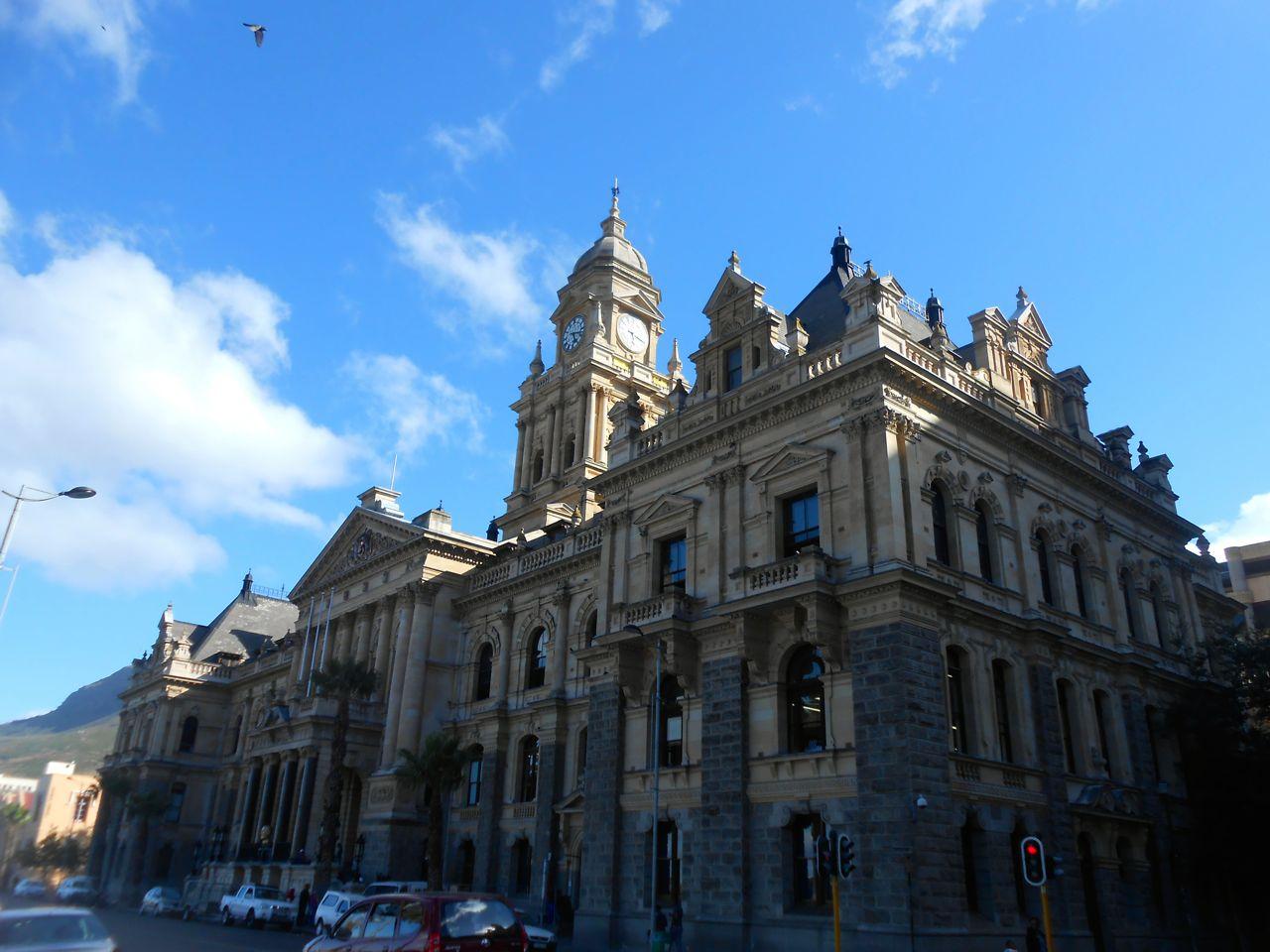
Disclaimer: Any views expressed by individuals and organisations are their own and do not in any way represent the views of The Heritage Portal. If you find any mistakes or historical inaccuracies, please contact the editor.
We South Africans live in a polyglot society, which under our Constitution, has 11 official languages that “must enjoy parity of esteem and must be treated equitably”. Mother tongues range from Afrikaans to IsiZulu, from isiXhosa to Setswana, however to stop us being a modern Tower of Babel we largely use one language to communicate between each other and that is English. In doing so we are reflecting a world wide trend. In today’s world English has become the “Lingua Franca” replacing French as the language of diplomacy and German in the field of science. It has also become one of the essential languages for global trade.
In 21st century South Africa, English is used in many walks of life, in media and advertising, in education, law, commerce and government. English is the language of the big city especially Johannesburg, South Africa’s financial capital. Although should one drive 50 miles (80 km) in any direction out of “Egoli”, you are more likely to hear Afrikaans or an African language being spoken. How is it then that a European colonial language has managed to become so influential?
To answer this question a look at South African history from the beginning of the 19th century is needed.
The English language first came to the southern tip of Africa 1795 when the British occupied the Cape of Good Hope in order to protect their trade with India and the Orient. They left in 1803 as part of the terms of the Treaty of Amiens, but in January 1806 they returned for good, after what was a brief interlude when the Batavian Republic (a French aligned administration) held the Cape. At the time of the Second Occupation, the British had no real policy on the matter of exploring and developing the hinterland and for many years Cape Town remained the “Tavern of the Seas”, merely a port of call between Europe and the East. The people who had the adventurous spirit were the Trek Boers, born of Africa of Dutch descent and even before British annexation they had fanned out to establish farms and settlements in the Overberg to the east of Cape Town and as far afield as Graaff-Reinet and Uitenhage. By 1837 these Trek Boers could no longer stomach British rule and hitched their ox wagons leaving the Cape Colony for good on what is now known as the Great Trek.
The end of the Napoleonic Wars came when the Duke of Wellington defeated Napoleon Bonaparte at the Battle of Waterloo on the 18th June 1815. Although it was widely celebrated, its aftermath brought about an economic recession in Britain which in turn created unemployment and political turmoil. The British government of the day looked to emigration from Britain, to her colonies, as a way to alleviate unemployment. The Colony of the Cape of Good Hope was seen as a suitable destination for those wishing to start a new life as the climate was not too dissimilar to that of the British Isles. And so it was that in 1820 the first settlers arrived in Algoa Bay to farm what is now called the Eastern Cape. The land was not unoccupied as the pastoral Xhosa tribe (Nguni speaking) were already well established and for many years to come there would be outbreaks of war between the British and Xhosa (the Border Wars) over the right to land.
The Monument to the 1820 Settlers (The Heritage Portal)
In the 1840’s the British decided to develop a second colony – the Colony of Natal, which was usurped from the Voortrekkers, who were forced to trek back up country to what became known as the Orange Free State. This action set the tone of relations between the two European colonisers which would end in all out war to determine who would control South Africa – The Boer War 1899-1902.
In truth it was not until the mineral wealth of the interior of South Africa was discovered that Britain took a keen interest and when they did the might of Victorian Britain (the leading economy of the 19th century) financed firstly Kimberley (1870) and then Johannesburg (1886); both were English speaking cities from the word go.
Johannesburg was an English speaking enclave within a Boer state – the South African Republic (a.k.a. Transvaal) - and it would be the powder keg which would ignite the Boer War, a war that so easily could have been avoided, but for intransigence on both sides. The outcome of the war was a British victory at the cost of many lives lost and a lasting resentment by those who had been defeated, which would create the spectre of Afrikaner Nationalism.
Blue plaque in Gandhi Square near the spot where the Boers surrendered Johannesburg to the British during the South African War (The Heritage Portal)
At the formation of the Union of South Africa, on the 31st May 1910, exactly eight years after the Boer War had ended, English and Dutch were accorded equal status as official languages. No African language was considered worthy by those who had come together at the National Convention (1908-1909) to “horse trade” for the future of South Africa. Although Dutch (and later Afrikaans) were given parity, in reality English remained the language of power and influence mainly due to the fact that South Africa was part of the British Empire (Pax Brittanica).
The rise of Afrikaner Nationalism which heralded the Apartheid era (1948 to 1994) pushed the Afrikaans language to the head of the table. On 31st May 1961, exactly 51 years after Union, South Africa was declared a republic and left the British Commonwealth – a long held dream for Afrikaner hegemony.
During the struggle against Apartheid, South Africa’s Black majority, made up of many language groups, needed a unifying force to rally around and the English language was seen as the ideal instrument to spread the word (internationally) of the injustices that they incurred.
Then it happened, the hubris that the Afrikaner leadership deluded itself with, brought about rioting in June of 1976. The lid on the pressure cooker of resentment finally blew off over the dictate that Afrikaans would be, in future, the medium of instruction in township schools (replacing English). The rioting and the government crackdown that followed will not be elaborated upon suffice to say it was a turning point in South Africa's history and it mortally wounded the Afrikaner hegemony that would eventually expire in 1994.
On 11th February 1990 Nelson Mandela walked out, a free man, from the Victor Verster Prison in Paarl, 27 years 6 months and 6 days after his capture near Howick Natal. When he spoke from the balcony of the Cape Town City Hall, he spoke in English, so that the world would hear his message “Apartheid has no future”.
Cape Town City Hall (The Heritage Portal)
The English language has both virtues and vices and I feel fervently that the virtues in the 21st century far outweigh the vices. The case of the Republic of Ireland (Eire) may be illuminating for us. The country had strong anti-English sentiments and on gaining its independence from Britain in 1922 (as the Irish Free State) sought Gaelic (Irish) as being the official language to set it apart from its former masters. However, commercial interests and cultural ties (including family) between Ireland, Britain and the United States meant that Gaelic really was a non-starter. Although taught in schools, its relevance to modern everyday life in Ireland is no longer evident. Despite this, it is still a rich source of inspiration for music, poetry and artistic thought and enriches English by association.
The Irish example I hope will apply to the future of South Africa and that local languages (Afrikaans included) will still be robust in keeping culture and traditions alive. In my view, the most practical way forward in a globalised world is for all South Africans to speak at least two languages: their mother tongue and English*. This means that one has the best of both worlds, your home language tells you where you come from and English tells you where it is possible to go.
*This is already happening of course. I would also encourage those whose mother tongue is English to learn a local language.
Main image: 1820 Settlers Monument, Grahamstown (The Heritage Portal)
References and Further Reading:
- “Living in South Africa” by Regina Graff & Derryn Cambell, Elliott Mobility.
- “South Africa’s languages - Tongues under threat - English is dangerously dominant” from The Economist 20th January 2011.
- “South African English: Oppressor or Liberator?” Penny Silva, Papers from MAVEN 97
- “The Story of English” by Robert McCrum, William Cran & Robert Mac Neil, BBC.
- “History of the English Speaking Peoples” by Winston S. Churchill, Cassell.
- “A Dictionary of English Usage in Southern Africa” by D.R. Beeton& Helen Dorner.
Comments will load below. If for any reason none appear click here for some troubleshooting tips. If you would like to post a comment and need instructions click here.


